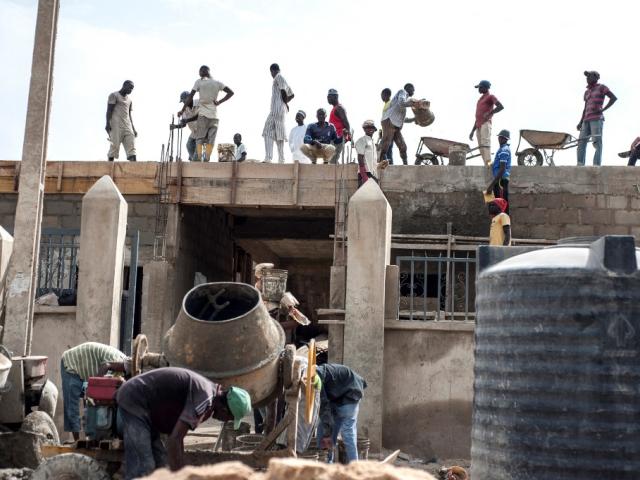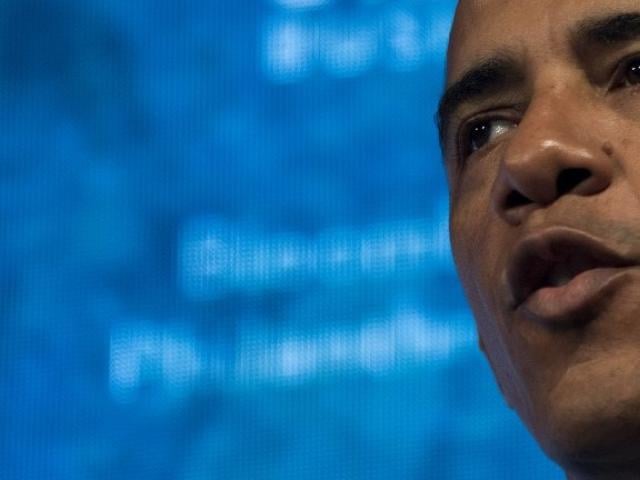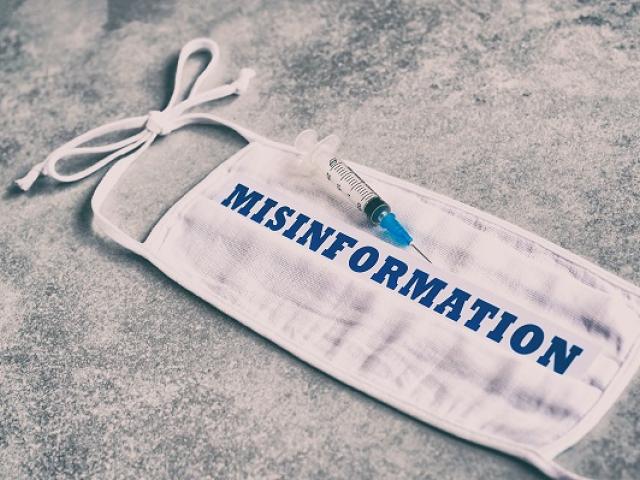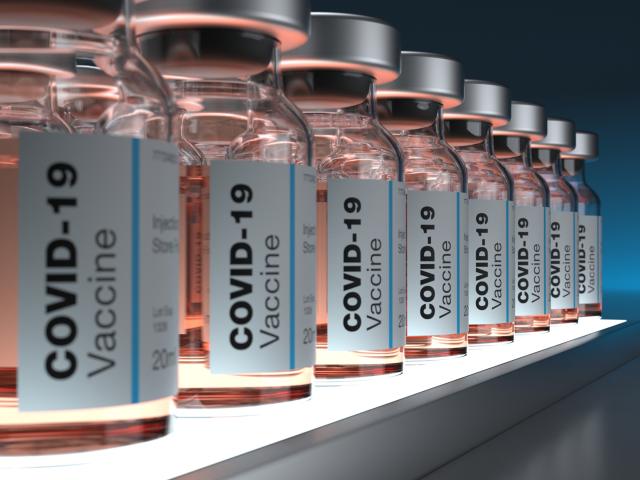Since the discovery of the human immunodeficiency virus (HIV) in the 1980s, widespread myths about HIV infection and claims about natural cures have continued to spread.
Similar to what Africa Check has seen with Covid-19 and Ebola, the outbreak of a disease often provides fertile ground for health misinformation to thrive, because of the resulting fear and panic.
Whenever there is doubt and confusion, people are willing to exploit it, especially for financial gain, according to Dr Alastair McAlpine, an infectious disease specialist in the Infection Prevention and Control department of British Columbia Children's Hospital Research Institute in Canada.
"When people are angry and fearful, they are more willing to listen to people offering easy solutions or misinformation,” he told Africa Check.
Scientific data taken out of context, medical jargon and pseudo-scientific language can also cause confusion and doubt.
To make matters worse, when health misinformation is spread by decision makers and influential people, its reach increases. One of the most prominent examples of this in Africa was when former South African president Thabo Mbeki claimed, while in office, that HIV did not cause acquired immunodeficiency syndrome (Aids).
Mbeki served from 1999 to 2008.
Infection with HIV has been identified as the underlying cause of Aids. The virus progressively weakens the immune system, leading to a range of symptoms and infections. The term Aids refers to the most advanced stages of HIV infection. (Note: Read more about this in our back-to-basics factsheet on HIV/Aids here).
Although the time between becoming infected with HIV and developing Aids varies from person to person, the majority of people with HIV who are untreated will develop symptoms of Aids within eight to 10 years.
It is widely accepted that Mbeki’s claims delayed access to life-saving antiretroviral (ARV) treatment for those who needed it. Communities who were oblivious to the risk failed to take adequate precautions, research shows.
The re-emergence of HIV/Aids misinformation
"We know that HIV causes Aids. That’s 100% certain," Prof Francois Venter, executive director of Ezintsha Research Centre at the University of the Witwatersrand (Wits) in Johannesburg, told Africa Check. The organisation focuses on clinical and medical technologies research for chronic diseases, including HIV and Aids.
But despite clear evidence of the link between HIV and Aids and outrage from researchers and the public, Mbeki continues to express his doubts. In a lecture at the University of South Africa in September 2022, the former president said "the questions I raised then, I’m still raising them today".
"Aids is not a disease, it is a syndrome," he continued. Parts of his speech were broadcast on national television.
"You can’t say one virus causes all of these illnesses" or syndromes. "What you can say is that this virus impacts negatively on the immune system," he said.
Over the years, Africa Check has debunked some of the most popular falsehoods about the disease, including that HIV was invented to reduce the population of Africa, that herbal remedies can cure HIV, and, more recently, that "monkeypox is actually acquired immunodeficiency syndrome, or Aids".
In early 2023 a familiar anti-vaccination rumour began to spread again on social media, claiming that people vaccinated against Covid-19 were developing "Aids-like symptoms".
"What’s worrying is that the Covid-19 denialists are very powerful and they look exactly like HIV denialism looked 15 years ago," Venter said.
The decades-long trajectory – and cost – of HIV denialism in South Africa has been widely documented.
What are the risks of persistent health misinformation online? And what strategies should science communication adopt to counter persistent denialism?
HIV/Aids misinformation leads to risky behaviour
While some misinformation may be harmless, health misinformation or unsupported claims often pose a serious threat by misleading the public.
According to the latest data from the Joint United Nations Programme on HIV/Aids (UNAids), there were 38.4 million adults and children living with HIV worldwide in 2021. About 55% of all people living with HIV that year lived in East and Southern Africa.
Source: https://aidsinfo.unaids.org
In Africa, Aids is a greater challenge in low-income communities due to limited access to HIV/Aids information.
For example, a 2013 study on socio-economic inequality and HIV in South Africa highlighted that many who "did not test for HIV infection did so because of misconceptions about the disease".
Incorrect or a lack of information about HIV/Aids was also been linked to delays in people with the virus starting antiretroviral treatment in Malawi. Some of the beliefs that influenced late or no treatment uptake were the misconceptions that HIV is a death sentence and that treatment should only be taken when you are seriously ill, the 2011 study revealed.
Although ARVs are not a cure for HIV or Aids, there is strong evidence that they improve the quality of life of people living with the virus, and when the viral load, or the amount of HIV in bodily fluids, is suppressed, transmission from one person to another becomes less likely.
Based on his work in health systems research and antiretroviral treatment, Venter told Africa Check that he had observed a distinct pattern among groups of people who consistently delayed seeking treatment. These "non-uptakers" often arrived for HIV/Aids treatment at a very late stage because they were in denial about their health status, he said.
"We see this particularly among men who don’t want to be on tablets for the rest of their lives, or who don’t want to admit that they’re ill,” Venter said.
HIV/Aids stigma creating an information vacuum
Minorities are also a community of concern in Africa. The criminalisation of homosexuality has, for example, been identified as a major contributor to the spread of HIV misinformation.
It creates a culture of fear and secrecy around same-sex relationships, making it difficult for individuals to access accurate information about prevention and treatment.
The International Lesbian, Gay, Bisexual, Trans and Intersex Association’s LGBTQI rights database recorded that at time of publication there were 62 countries that criminalised consensual same-sex intimate acts. Half of these countries were in Africa.
LGBTQI+ stands for lesbian, gay, bisexual, transgender, queer and intersex.
A 2021 UNAids report warned that outlawing homosexuality and sex work had a major impact on peoples’ access to healthcare and on the quality of health information they received.
The report said: "Where same-sex sexual relationships, sex work and drug use were criminalized, levels of HIV status knowledge and viral suppression among people living with HIV were significantly lower than in countries that opted not to criminalize them".
Similar findings were made in a 2014 study that tracked LGBTI-focused discussions in Africa. Here 46% of participants said that in the absence of targeted health campaigns on the LGBTQI+ experience from official sources, they relied on sexual health information from the internet. This information vacuum left many vulnerable to misinformation.
Another concern raised by participants was that people in environments where their sexual identity was criminalised often did not fully disclose their sexual behaviour with health professionals for fear of homophobic treatment.
"Conspiracy theories and misinformation thrive in the shadows, along with shame and fear," McAlpine told Africa Check.
"We must continue to promote the message that there is no shame in having HIV, no shame in being on therapy, no shame in having questions or concerns. Where there is an open environment of love and acceptance, misinformation struggles to take root."
Simplified science communication key to fighting Aids misinformation and denialism
In 2015, sociology professor David Dickson of Wits University explored how competing HIV/Aids information – scientific and alternative – was received by some HIV-positive township residents in South Africa.
"An asymmetric contest is taking place over Aids beliefs," he said, and those involved in HIV/Aids education needed to "adopt more humility towards the people that we seek to help but do not understand".
Although simply providing people with information on how they should behave might not be enough to change behaviour, McAlpine urged government, scientists and storytellers to inform the public correctly without overwhelming them.
"We also need a populace that is educated to understand the limits and uncertainty of cutting-edge science," he told Africa Check.
Venter stressed the importance of health literacy among journalists and said more funding was needed in this area. This includes knowing how to write about HIV/Aids. Research by fact-checking organisations, including Africa Check, has shown that targeted approaches are more effective than general messaging. It is therefore important to tailor messages to specific audiences.
The fight against Aids misinformation and denialism requires the creation of accurate, simplified and publicly available information that is tailored to people’s experiences.
Then communities will have resources to challenge harmful myths when they come across them.








Add new comment